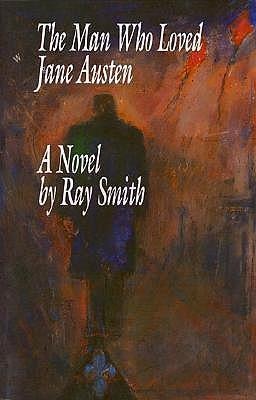After fictional excursions abroad to Germany, France, Scotland, Italy, Africa, and Australia, and back to the 1920s, the nineteenth century, and the Middle Ages, Ray Smith has come home to English Montreal in the 1990s. The Man Who Loved Jane Austen is a penetrating story of a Montreal with only the lingering effervescence of its past, a Montreal of loss, or regret, of sadness. A Montreal where nationalism corrodes every event, every relationship, every soul. A Montreal of lies and betrayal. Ray Smith was born in Mabou, Nova Scotia, a beautiful village on the west coast of Cape Breton. Mabou is famous as the home of fine fiddlers, dancers, and singers, most notably The Rankin family. As a boy, Ray lived in several Nova Scotia towns, but from age ten in Halifax, where he attended Dalhousie University. After graduation in 1963, he moved to Toronto, and in 1968 to Montreal where he has lived ever since. He teaches English literature at Dawson College.










